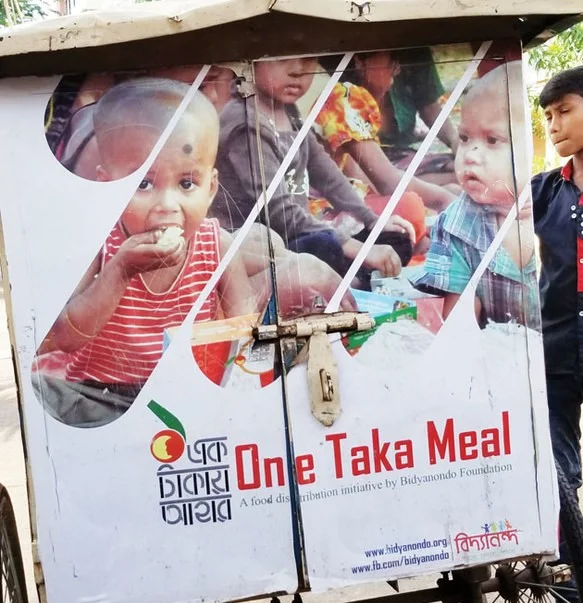Behavioural Economics
Religiosity,Preferences and mental health during the Ramadan month in Bangladesh
 Photo taken from internet
Photo taken from internet
This study investigates the impact of Ramadan fasting on individual preferences, with a particular focus on pro-social behaviour among the Muslim population. By using the natural variation carried by the annual fasting period, the study rigorously investigates alterations in behaviours such as altruism, reciprocity, and risk preferences among the population. It utilizes the preference module from Armin Falk's Global Preference Survey (GPS). The present study utilized donations made through a lottery game to the Bangladeshi charity organization, "One Taka Meal," in order to examine the impact on pro-social behaviour. Additionally, the investigation also delved into the effects of religious adherence on mental well-being during the period of Ramadan. We conducted our online survey experiment using Qualtrics from a sample of 972 university students, spanning three periods: before, during, and after Ramadan. We utilized a difference-in-difference methodology, treating Muslims as the experimental group and non-Muslims as the control group. Interestingly, the results indicate that fasting during Ramadan does not substantially impact pro-social behaviour. Nevertheless, an essential change in positive reciprocity was seen, providing insight into the intricate manner in which religious practices may intersect with individual socio-behavioural inclinations.
Pre-registration: Registered at AsPredicted. (AsPredicted #94891)